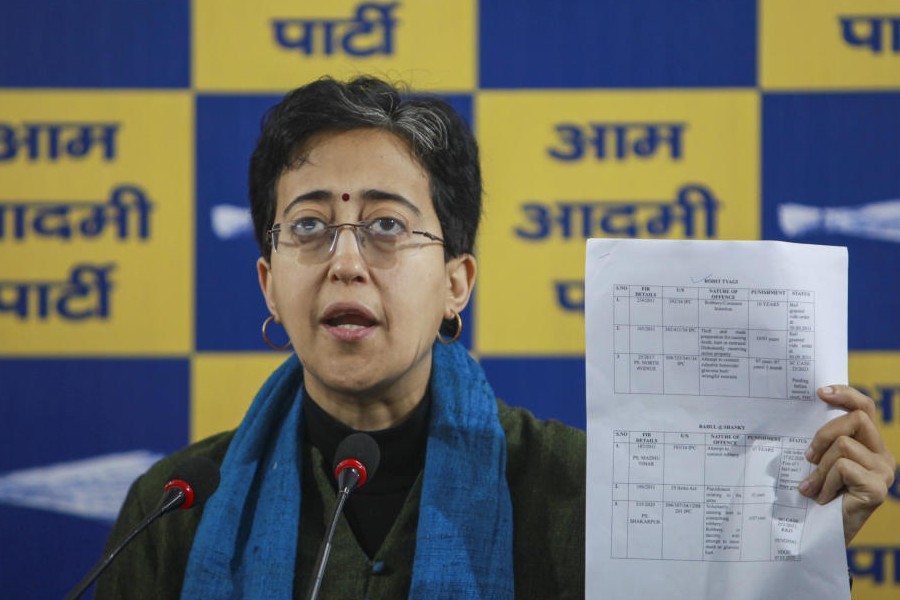It is not just India; freedom of speech is an endangered creature the world over. Certainly so in the United Kingdom, where heads of schools and universities are introducing classes on the ‘art’ of disagreeing well. That this is an art which must be taught by itself is worrisome, especially since the ‘artists’ to be taught are between 13 and 26 years. The pride in being logical and eloquent, the youthful curiosity about other points of view, fervour for a cause are all part of growing up — or so they were in an older world. Debating was considered an expression of the engaged, often activist, mind, necessary in Parliament for civilised arguments before policies or major decisions of a government were made. The Lok Sabha today may seem to manifest a shoddy parody of this tradition, which came largely from Britain; it is startling that Britain is having to teach children this art as though it never existed before. Young people in school and college there are experiencing a lessening of the freedom to speak in some situations, and their teachers have noticed their tendency to shut down opinions that do not suit them.
The destruction of any art, of the finer human faculties, is usually accomplished by crude forces. The worldwide tilt towards leaders and governments that stifle dissent, that brook neither question nor debate, has created an environment of intolerance. Free speech is subject to the vagaries of power: only the powerful will decide what can be said, written, believed, legalised, acted on. These dynamics are not confined to politics; they have penetrated society to the level of personal, not just professional, relationships and have changed the way even the young act among themselves. This change has been legitimised by the second crude force which young people are more conscious of — the anonymity of online exchange. In a world where trolling or cruel comments can lead to depression, even suicide, among young people, how would the art of disagreeing well survive? Where disagreement, however logically and politely put, equals enmity, freedom must give way to fear. And to aggressive defence as well.
British teachers advise eye contact and attention to the other point of view, a pause before replying and a gentle tone, especially with regard to sensitive issues such as race and gender. A discussion on agreeing to disagree conducted across the sea in Michigan mentioned that such a goal is a privileged one. Rich people may happily argue about poor people’s housing, or the elderly might discuss how children should be educated. Skirting sensitive issues, in other words. So how should children in India re-learn the art of disagreeing well? They are placed within a minefield of sensitive issues which has become far more difficult to navigate than before with the culture of hatred, divisiveness and intolerance that has overtaken the country. Disagreement is becoming an obsolete word in the country’s lexicons.











